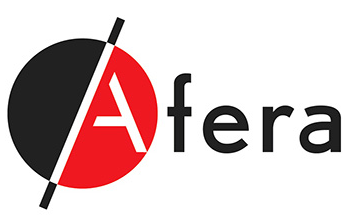
Make it (better) with tape
Many product designers and engineers think that traditional fixings, such as rivets, screws, nuts, bolts, staples, clips and liquid adhesives are the best means of joining two materials, or substrates. Adhesive tapes, films and foams have been proven to meet or surpass the levels of performance of these methods in strength and durability but also versatility. Tapes provide functionalities beyond traditional fastening methods as well as the traditional capabilities of simply bonding, masking, packaging, mounting, bundling, repairing and splicing.
What more can tapes do?
- Conduct electricity
- Insulate electrical wires and other conductive materials
- Insulate against noise, vibration and abrasion
- Conduct and insulate heat
- Seal
- Fill gaps
- Prevent slipping and provide grip
- Provide low-friction surfaces/induce slippage
- Mark warnings and hazards
- Control, block and enhance light
- Protect surfaces from fire, shock, weather and other environmental damage and influences such as UV light and pollution, both permanently and temporarily
- React to chemicals, radiation, liquid, light and heat as an indicator
- Carry branding and other information and data
- Provide permanent tamper-evident marking and coding
- Provide optically clear bonding and temporary securing
- Prevent oxidation, vapour penetration and bimetallic corrosion.
Stands up to the toughest conditions
Adhesive tapes are specifically made to function optimally in challenging end-use environments. Tapes and films have been developed to withstand:
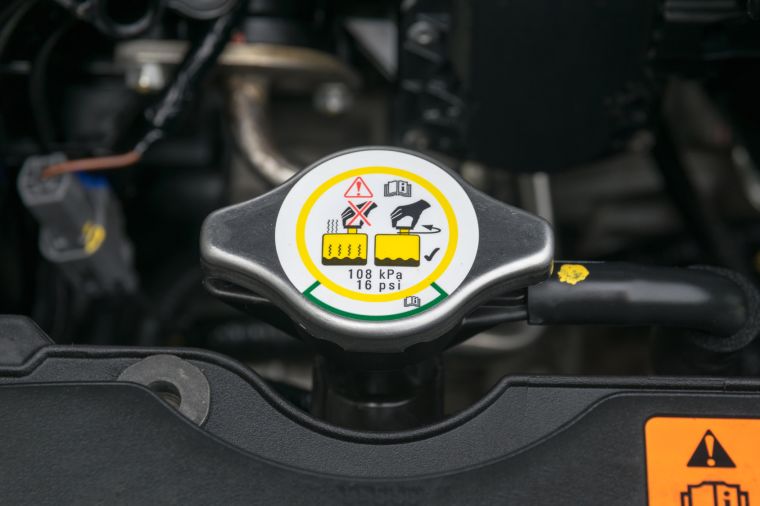
Solvents, chemicals and gases
- For under-the-hood automotive labelling, high-performance acrylic adhesive tapes resist chemicals, moisture and many automotive fluids.
- Double-sided polyisobutylene, foil and polyethylene tapes are used in the joining of geomembranes as a radon barrier.
- Masking tapes consisting of a vinyl backing and rubber adhesive resist chemicals used in typical electroplating processes.
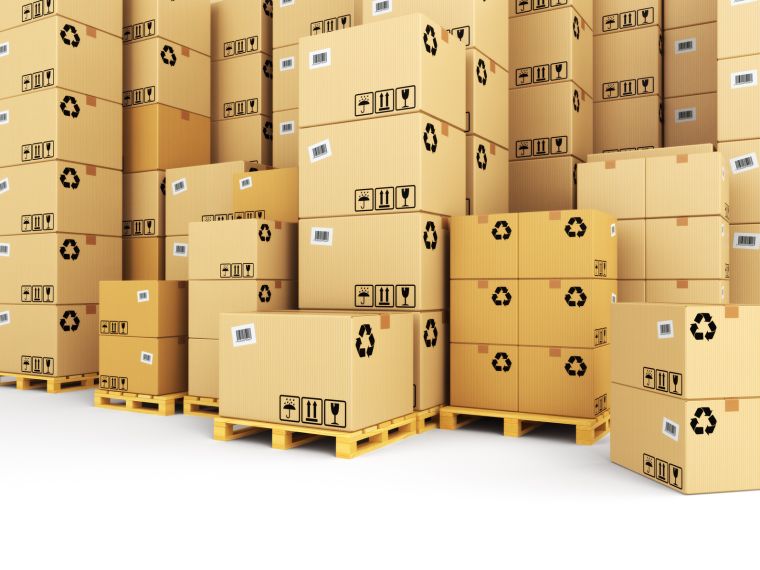
Water, moisture and humidity
- Sealing tapes hold box flaps securely closed in moist storage and shipping conditions.
- Automotive double-sided tapes affix license plates to cars, avoiding corrosion to the chassis that would occur from outdoor exposure of screws and holes.
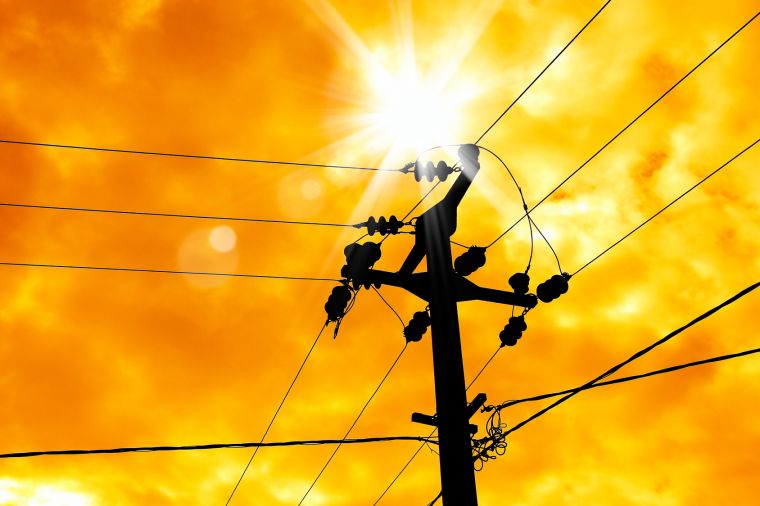
High-voltage currents
- Rubber-based and PVC electrical tapes are used to insulate power line joints and terminations.
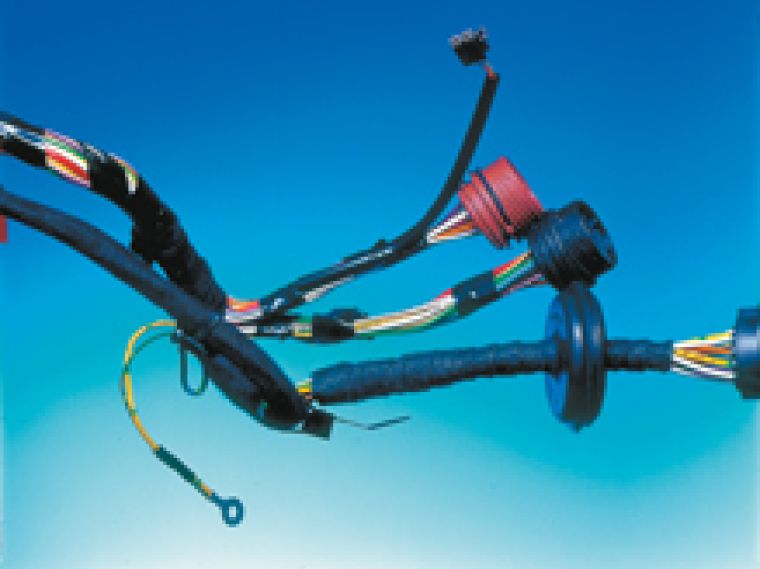
Extreme temperatures
- For coil termination, adhesive tape resists continuous temperatures up to 106⁰C and intermittent exposure as high as 121⁰C. Some aluminium foil tapes can work from -40°C up to 120°C continuously (even 150°C short-term).
Picture supplied by Tesa.

Fire
- For use in cargo hold seaming on aircraft and ships, fire retardant tape based on a finely woven glass substrate functions as a barrier between the flame and combustible materials.
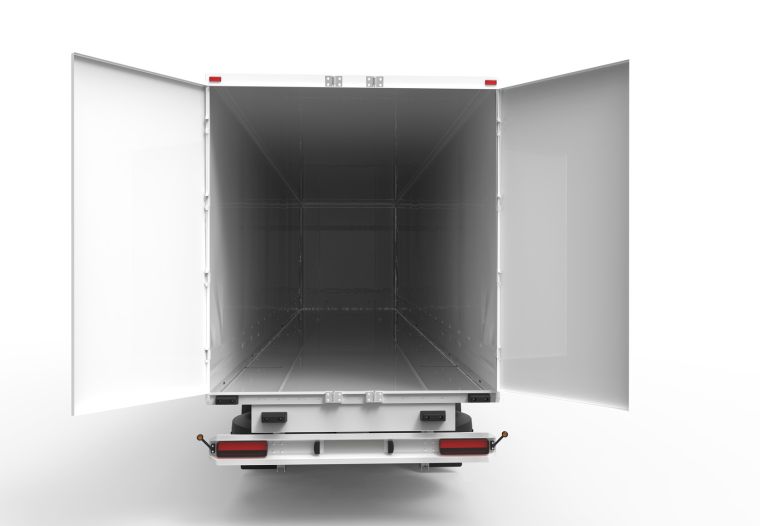
Thermal expansion and contraction
- In trailer panel bonding, viscoelastic very high-strength bonding tape flexes to compensate for differential thermal expansion between dissimilar substrates.

UV light
- In sealing roof vents, sealing tape holds securely through sun, rain, snow, and temperature extremes without cracking or crumbling.

Impact
- The leading edges of aircraft propellers and helicopter rotors are protected with impact resistant polyurethane protective tape.
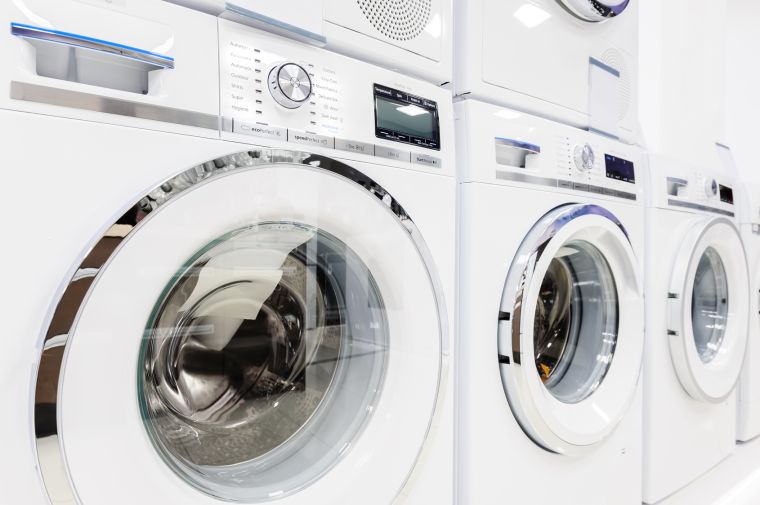
Vibration
- Vibration noise from panels in washing machines and tumble dryers is reduced with aluminium tape backed with viscoelastic polymer-based adhesive tape.
- NVH (noise, vibration and harshness) reducing foam tapes with mixed densities are used on automotive flat panels, such as doors, to minimise transmitted sound while adding minimal additional weight.

